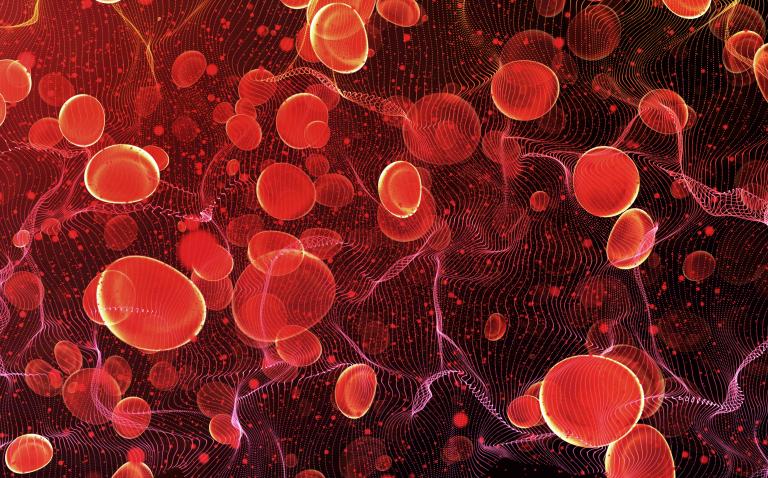University of Houston researcher Chandra Mohan is reporting in Arthritis Research and Therapy that clotting proteins, both those that promote blood clots (pro-thrombotic) and those that work to dissipate them (thrombolytic), are elevated in the urine of patients who suffer from lupus nephritis (LN).
“Among the proteins examined, urine plasmin emerged as the strongest independent predictor of kidney function and renal disease status,” reports Mohan, Hugh Roy and Lillie Cranz Cullen Endowed Professor of biomedical engineering.
“Urine biomarkers represent promising candidates for the early diagnosis as well as the monitoring of disease activity and therapeutic responses in lupus nephritis.” The discovery of the new biomarker for active LN opens the door for clinical monitoring of the disease.
New immunosuppressive drugs and biologics have brought improvements in recent SLE and LN survival rates, but early diagnosis and monitoring disease flares are still challenges that need to be addressed. Renal biopsy remains the gold standard for the diagnosis and prognosis of LN, but it is invasive and cannot be used for routine monitoring of disease activity and treatment responses. Because of this, several studies focusing on screening and identifying non-invasive biomarkers for the early diagnosis and monitoring of SLE and LN are emerging.
Because coagulation system disorders have been reported in SLE and lupus nephritis patients and the frequency of thrombotic events was documented to be higher in SLE patients than in the general population, Mohan’s lab examined urinary proteins related to coagulation.
Finding elevations in both pro-thrombotic and thrombolytic proteins in the urine of patients with lupus nephritis was unexpected.
“When I first saw the presence of both I thought ‘This can’t be right, so let’s look at this in more detail with more urine samples and better assays,'” said Mohan, who describes the presence of both proteins as “a raging war” within the kidneys. If one or the other predominates, he said, there are medicines that can regulate the clotting in balance, but when both processes are equally upregulated, balancing this biological process becomes clinically challenging.










